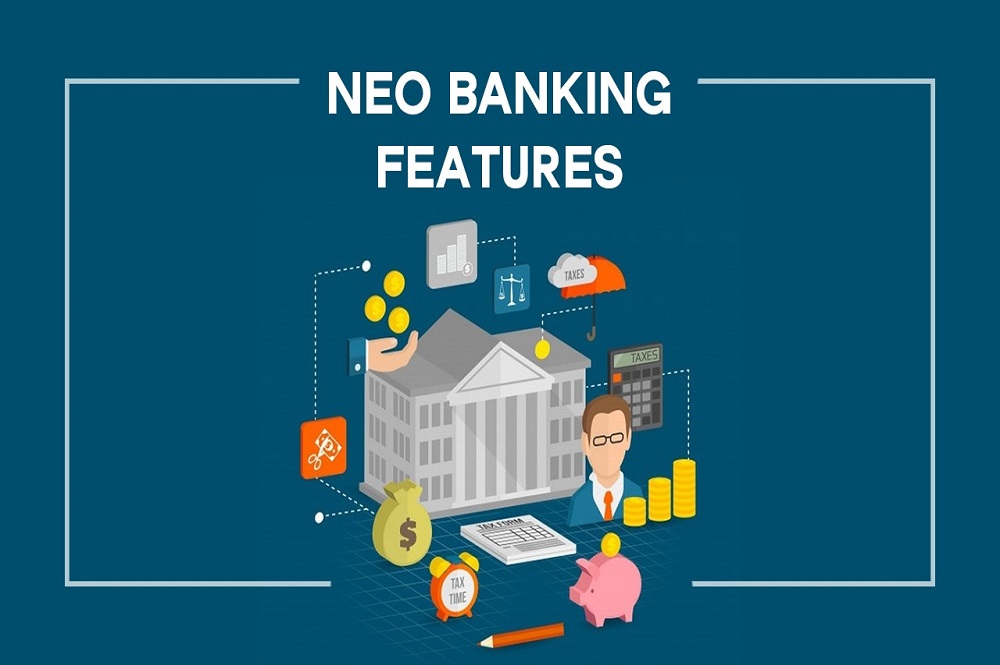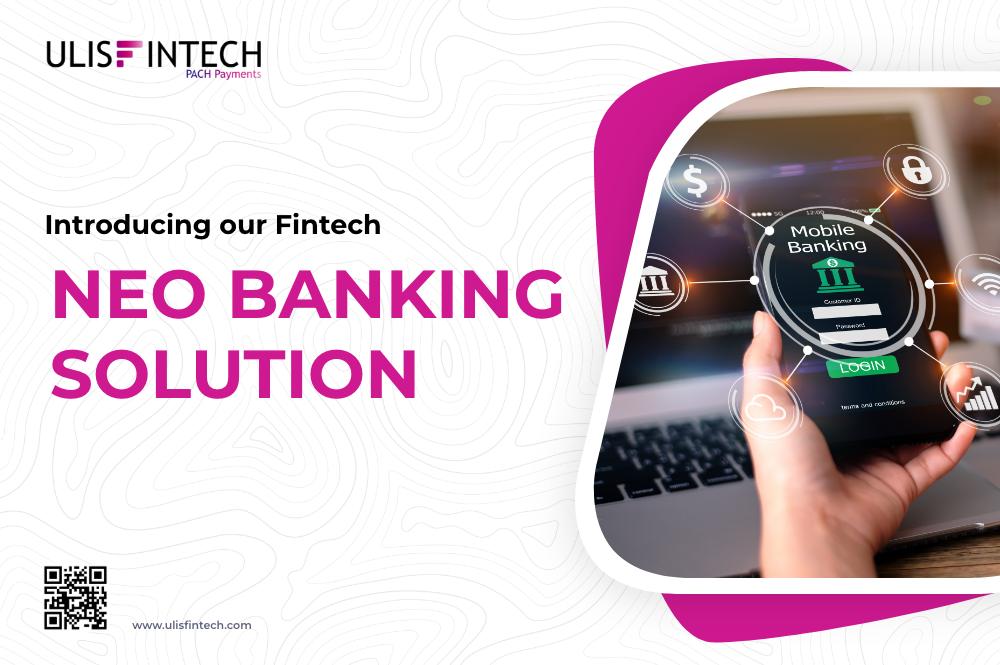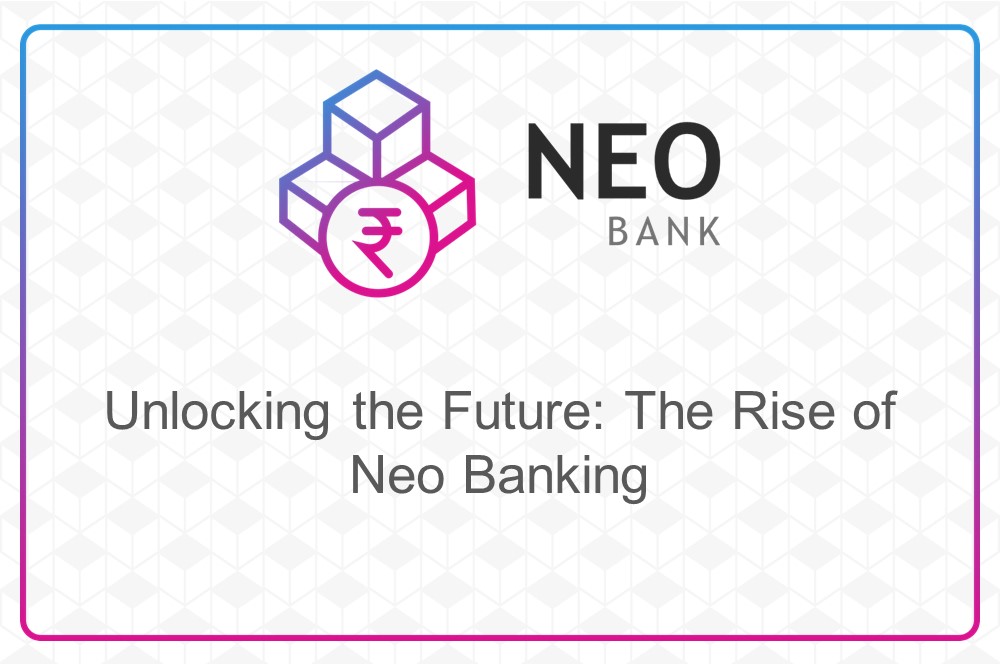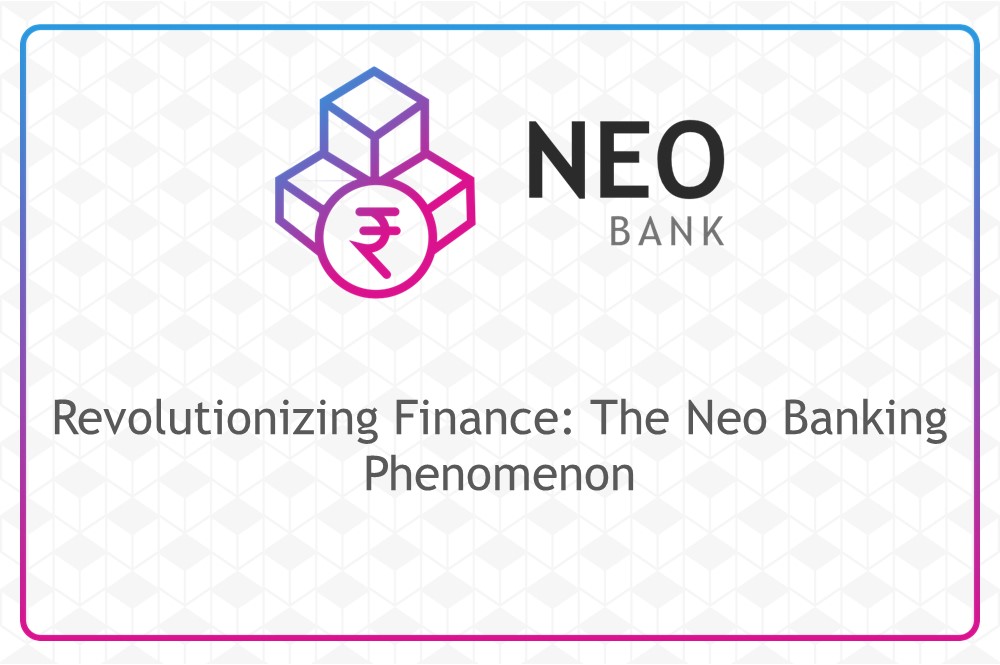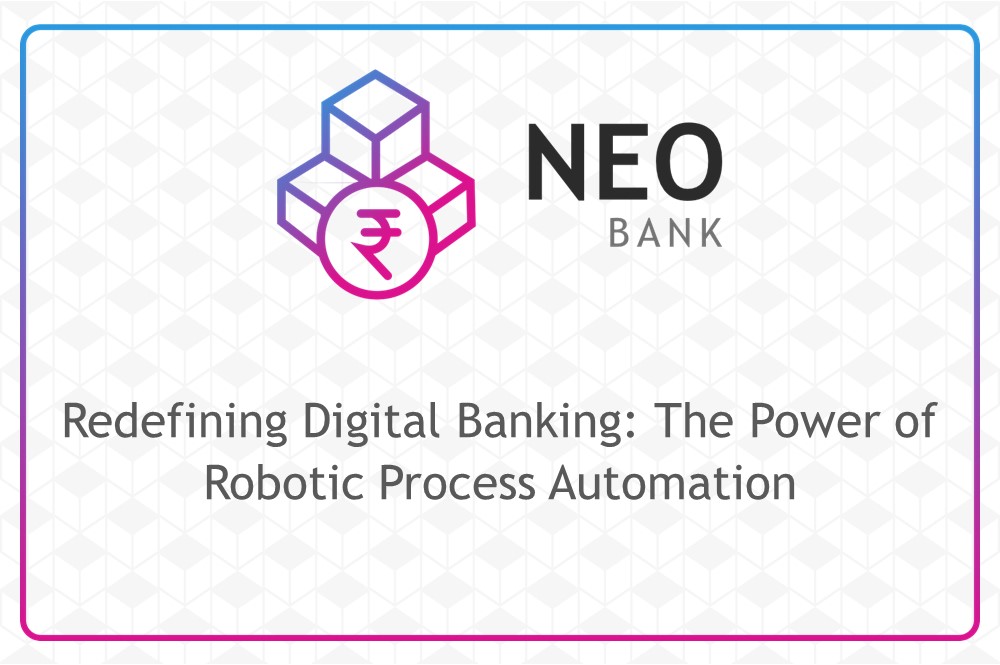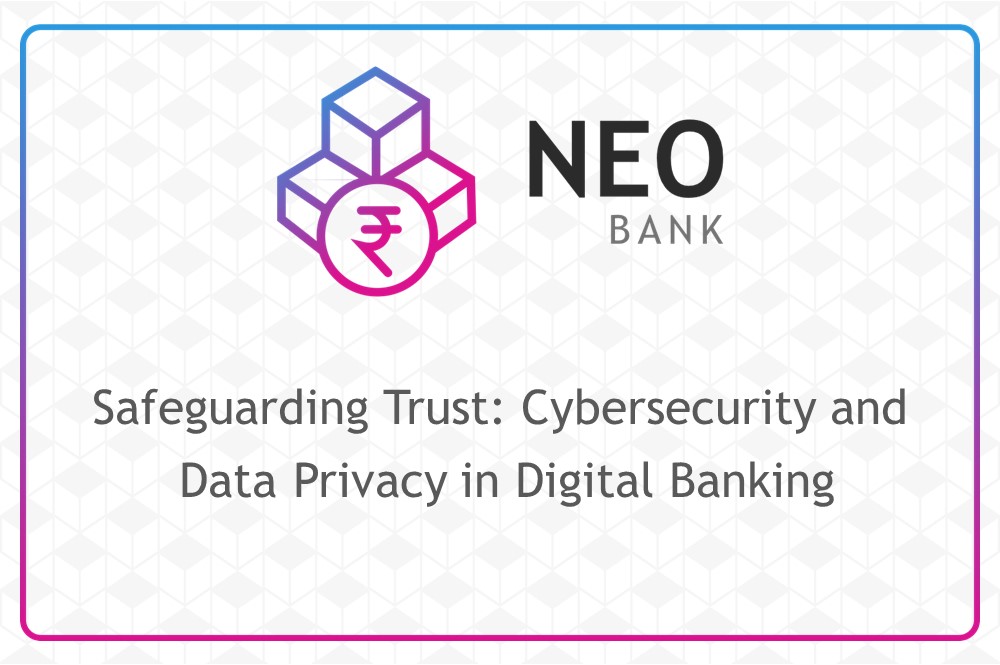Unveiling the Future of Cashless Transactions in Digital Banking
Nov 19, 2024 - 2 MINS READ
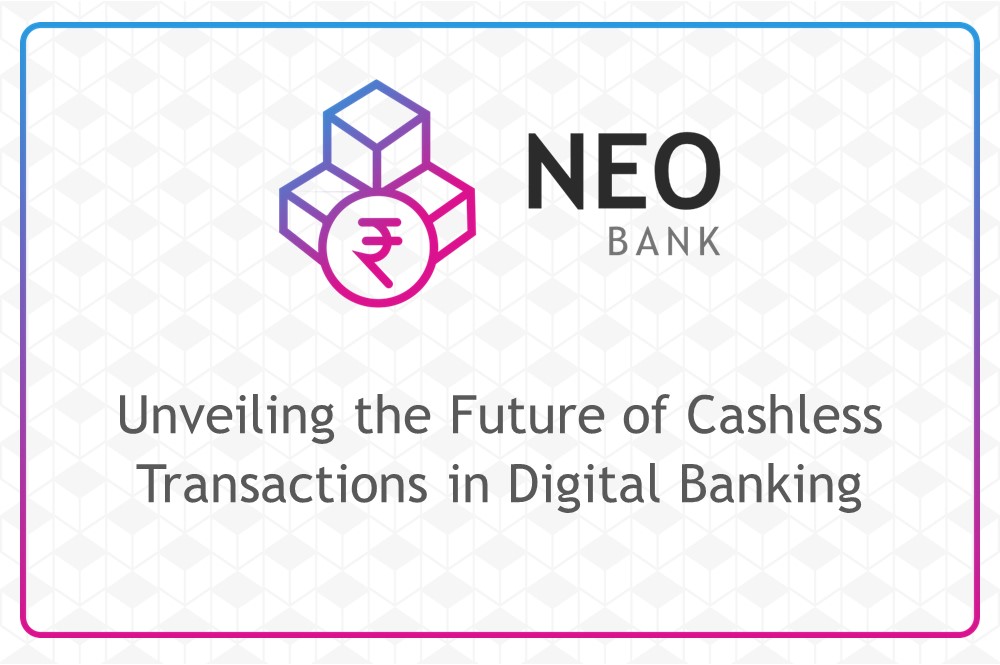
In the digital age, the landscape of banking is undergoing a profound transformation, with cashless transactions emerging as a dominant trend reshaping the way individuals and businesses conduct financial transactions. As society increasingly embraces digitalization, the future of cashless transactions in digital banking holds immense promise, offering unparalleled convenience, efficiency, and innovation. Let's delve into the exciting realm of cashless transactions and explore the trends, opportunities, and challenges that lie ahead.
The Rise of Cashless Transactions:
-
Shift Towards Digitalization: With the proliferation of smartphones, internet connectivity, and contactless payment technologies, consumers are increasingly opting for digital payment methods over traditional cash transactions.
-
Convenience and Efficiency: Cashless transactions offer unparalleled convenience, allowing users to make payments anytime, anywhere, with just a few taps on their mobile devices or contactless cards.
-
Enhanced Security: Digital payment systems leverage advanced encryption and authentication mechanisms, providing users with a secure and fraud-resistant alternative to carrying cash.
-
Favorable Regulatory Environment: Governments and regulatory authorities worldwide are embracing digital payments as part of efforts to promote financial inclusion, combat money laundering, and stimulate economic growth.
Key Trends Shaping the Future of Cashless Transactions:
-
Contactless Payments: The adoption of contactless payment technologies, such as Near Field Communication (NFC) and QR codes, is on the rise, enabling swift and secure transactions without the need for physical contact.
-
Mobile Wallets: Mobile payment apps and digital wallets, such as Apple Pay, Google Pay, and PayPal, are gaining traction, offering users a convenient and centralized platform for managing their payment methods and transactions.
-
Cryptocurrencies: The emergence of cryptocurrencies, such as Bitcoin and Ethereum, has introduced a new dimension to cashless transactions, enabling borderless and decentralized peer-to-peer payments.
-
Biometric Authentication: Biometric authentication methods, including fingerprint scanning and facial recognition, are becoming increasingly prevalent in digital banking, enhancing security and user experience.
-
Integration of AI and ML: Artificial intelligence (AI) and machine learning (ML) algorithms are being leveraged to personalize user experiences, detect fraudulent activities, and optimize transaction processing in digital banking.
Opportunities in the Future of Cashless Transactions:
-
Financial Inclusion: Cashless transactions have the potential to promote financial inclusion by providing underserved populations with access to banking services and digital payment options.
-
Business Innovation: Digital payment technologies offer businesses new opportunities for innovation, including the development of loyalty programs, subscription services, and real-time payment solutions.
-
Data Insights: Cashless transactions generate vast amounts of data that can be leveraged to gain insights into consumer behavior, spending patterns, and market trends, enabling banks and businesses to tailor their products and services accordingly.
-
Cost Savings: Cashless transactions are often more cost-effective than handling physical cash, as they reduce the need for cash handling, transportation, and security measures.
Challenges and Considerations:
-
Security Concerns: Despite advancements in security technologies, cashless transactions are susceptible to cyber threats, data breaches, and identity theft, necessitating robust cybersecurity measures and user education.
-
Digital Divide: The transition to cashless transactions may exacerbate existing inequalities, as certain demographics, such as the elderly and low-income individuals, may lack access to digital payment technologies or face barriers to adoption.
-
Regulatory Compliance: Regulatory frameworks governing cashless transactions are evolving rapidly, posing challenges for banks, payment processors, and fintech companies to ensure compliance with anti-money laundering (AML) and know-your-customer (KYC) regulations.
-
Consumer Privacy: Cashless transactions raise concerns about consumer privacy and data protection, as users' personal and financial information may be vulnerable to surveillance, data harvesting, and unauthorized access.
Navigating the Future of Cashless Transactions:
-
Investment in Infrastructure: Banks, governments, and fintech companies must invest in robust digital infrastructure, including secure payment gateways, mobile banking apps, and contactless payment terminals, to support the transition to cashless transactions.
-
Education and Awareness: Efforts to promote financial literacy and raise awareness about the benefits and risks of cashless transactions are essential to ensure that consumers can make informed decisions and safeguard their financial well-being.
-
Collaboration and Partnerships: Collaboration between stakeholders, including banks, regulators, technology providers, and consumer advocacy groups, is crucial for addressing challenges, fostering innovation, and promoting responsible adoption of cashless transactions.
-
Continuous Innovation: The future of cashless transactions hinges on continuous innovation in digital banking, payment technologies, and cybersecurity to meet the evolving needs and preferences of consumers in an increasingly interconnected and digitized world.
In conclusion, the future of cashless transactions in digital banking holds immense promise for revolutionizing the way we transact, offering unprecedented convenience, efficiency, and financial inclusion. However, realizing this vision requires concerted efforts to address challenges, promote innovation, and ensure that cashless transactions are accessible, secure, and equitable for all. As we embark on this journey towards a cashless society, collaboration, innovation, and responsible governance will be key to shaping a future where digital payments empower individuals, businesses, and economies.
